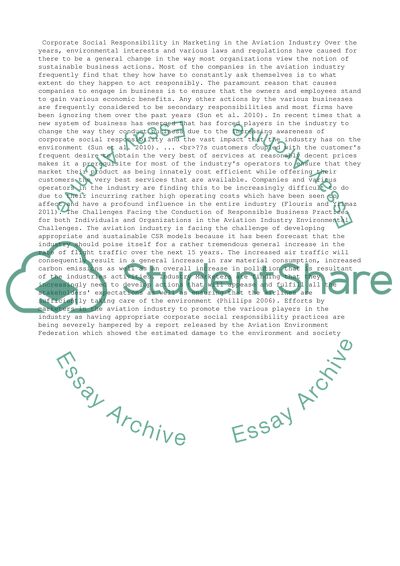Cite this document
(“Professional skills and ethics Term Paper Example | Topics and Well Written Essays - 3000 words”, n.d.)
Retrieved from https://studentshare.org/business/1402671-personal-learning-report-module-name-professional
Retrieved from https://studentshare.org/business/1402671-personal-learning-report-module-name-professional
(Professional Skills and Ethics Term Paper Example | Topics and Well Written Essays - 3000 Words)
https://studentshare.org/business/1402671-personal-learning-report-module-name-professional.
https://studentshare.org/business/1402671-personal-learning-report-module-name-professional.
“Professional Skills and Ethics Term Paper Example | Topics and Well Written Essays - 3000 Words”, n.d. https://studentshare.org/business/1402671-personal-learning-report-module-name-professional.


